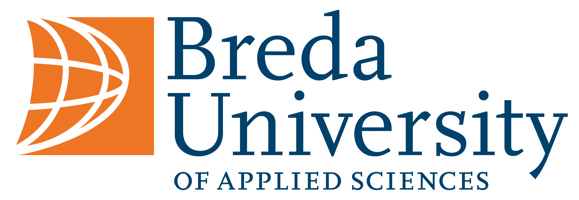

The Urban Leisure & Tourism Lab Rotterdam is one of six living labs participating in the European project SmartCulTour, funded by the European Commission under the H2020 program. The purpose of the living labs is to encourage networking between stakeholders in the tourism field in order to develop good practices and innovative solutions for sustainable cultural tourism, which can also be exchanged with other European regions at the same time. In addition to Rotterdam, labs from the following cities or areas are affiliated: Scheldeland (Flanders-Belgium), Utsjoki (Lapland-Finland), Huesca (Spain), Split (Croatia) and Vicenza (Italy).
Inholland's Urban Leisure & Tourism Lab Rotterdam has won the tender assignment from Breda University of Applied Sciences (BUas). In collaboration with BUas and city marketing organization Rotterdam Partners, the lab will conduct research into the development of cultural tourism in Rotterdam. By means of (online) workshops with various Rotterdam stakeholders, research will be conducted in the coming months into which Rotterdam district can further develop cultural tourism in a sustainable way. With the help of service-design interventions, art-bases methodologies and serious gaming, we will look for ways and means to let cultural tourism contribute to the quality and core values of Rotterdam as a city.
"Using service-design interventions, art-based methodologies and serious gaming, among other methods, we will explore ways and means for cultural tourism to contribute to the quality and core values of Rotterdam as a city."
We work at the international level with UNESCO and the organizations involved in the other living labs. At the national level, we work closely with researchers at BUas. Finally, at the local level we work together with parties connected to the Urban Leisure & Tourism Lab Rotterdam. For example, Gemeente Rotterdam, Theater Zuidplein and Rotterdam Festivals. Of course, once a specific neighborhood has been chosen, local residents and entrepreneurs will also be involved.
Through the analysis, involvement, and incorporation of the IMI Lab partners, numerous field professionals are involved. Through improved co-creation efforts with current partners, the portfolio of the IMI Lab can be enhanced, leading to the addition of new possible partners.
At the end of the project, we provide European and local policy makers with policy tools and examples of cultural interventions that have (proven) impact.

